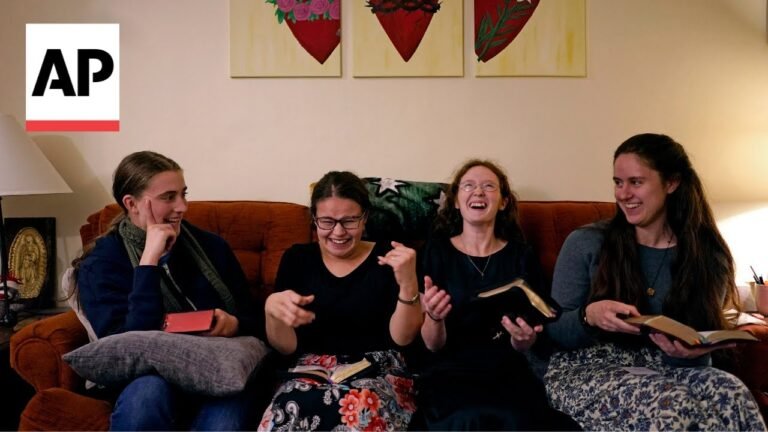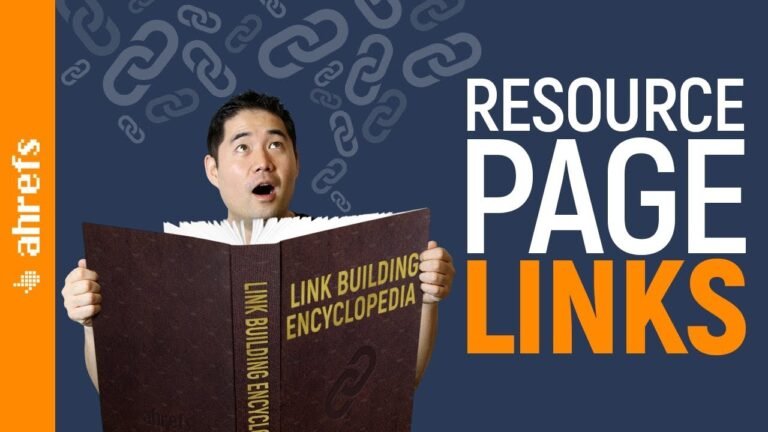Catholicism’s Influence in the United States
Catholicism in the United States is a vibrant tapestry woven from diverse cultural threads, reflecting a rich history and dynamic growth. With over 70 million adherents, it stands as the largest religious denomination in the country, influencing various aspects of American life, from education and politics to social justice and community service. As the Catholic Church navigates the complexities of modern society, its role in shaping moral values and fostering community remains pivotal, inviting both exploration and dialogue about its future in an ever-evolving landscape.
How has Catholicism shaped American culture today?
Catholicism has influenced American culture through its contributions to social justice, education, community service, and diverse traditions, enriching the national identity and fostering dialogue among various faiths.
Is the number of Catholics increasing in the USA?
While the percentage of Americans identifying as Catholic has declined slightly from 25% in 1960 to 21% in 2021, the absolute number of Catholics in the United States has seen significant growth, rising from 45 million to 72 million. This paradox reflects a dynamic demographic landscape where immigration and population changes contribute to a larger Catholic community, even as the overall percentage of self-identified Catholics remains stable. The Catholic Church’s evolving presence highlights its resilience and adaptability in a diverse and changing society.
When did Catholicism arrive in the United States?
Catholicism made its entrance into what is now the United States with the arrival of French and Spanish missionaries during the 16th and 17th centuries. These early efforts laid the groundwork for a faith that would grow alongside the nation. The dedication of these missionaries not only aimed to spread the teachings of the Church but also to provide spiritual guidance to the indigenous populations they encountered.
The Spanish, in particular, played a significant role in establishing Catholicism in the western regions of the country. They founded numerous missions, which served as centers for worship and community life. These missions became the backbone of Catholic presence in areas that would eventually become California, Texas, and other southwestern states. Their influence can still be seen today in the architecture and cultural practices of these regions.
On the other hand, the French established a notable Catholic stronghold in New Orleans, which became a vital hub for Catholic activity in the Gulf Coast region. This city not only served as a cultural melting pot but also as a focal point for the Church’s expansion in the United States. The rich history of Catholicism in America is deeply intertwined with the stories of these early missionaries, whose legacies continue to shape the religious landscape of the nation.
What is the largest religion in the United States?
Christianity stands as the largest religion in the United States, deeply influencing the nation’s culture and values. Among various ethnic communities, notable growth in conversion rates has been observed, particularly among Korean Americans, Chinese Americans, and Japanese Americans. In 2012, statistics revealed that 71% of Korean Americans identified as Christians, alongside 30% of Chinese Americans and 37% of Japanese Americans, highlighting a significant trend in religious affiliation within these groups. This dynamic underscores the evolving landscape of faith in America, as diverse communities continue to shape the broader Christian narrative.
Tracing the Roots: Catholicism’s Journey in America
The journey of Catholicism in America is a rich tapestry woven through centuries of faith, resilience, and cultural exchange. From the arrival of Spanish missionaries in the 16th century to the establishment of vibrant parishes across the nation, Catholicism has played a pivotal role in shaping American society. The faith adapted to diverse cultural landscapes, fostering a sense of community among immigrants who found solace in shared beliefs and traditions. As the Church navigated challenges from anti-Catholic sentiment to modern secularism, it consistently emphasized social justice, education, and charity, leaving an indelible mark on the fabric of American life.
Today, Catholicism continues to evolve, reflecting the dynamic nature of American society. The Church’s commitment to engaging with contemporary issues, such as immigration, poverty, and environmental stewardship, showcases its enduring relevance. With a diverse congregation that includes voices from various ethnic backgrounds, Catholicism in America stands as a testament to the power of faith in uniting people across differences. As it moves forward, the Church remains rooted in its mission to serve and uplift, ensuring that its legacy will thrive for generations to come.
Faith and Culture: The Catholic Legacy in the U.S.
The Catholic Church has played a pivotal role in shaping the cultural landscape of the United States, influencing everything from art and education to social justice movements. As waves of immigrants brought their faith to American shores, they infused local communities with rich traditions, vibrant festivals, and a deep commitment to service. This cultural exchange has not only enriched American society but has also fostered a sense of belonging among diverse populations, creating a tapestry of shared values and experiences.
Education has been a cornerstone of the Catholic legacy in the U.S., with the establishment of a vast network of schools and universities that prioritize both academic excellence and moral development. Institutions such as Notre Dame and Georgetown have produced generations of leaders who carry forward the principles of faith and ethics into various fields, from politics to science. This commitment to education reflects the Church’s understanding that shaping minds is essential for nurturing a just and compassionate society.
Moreover, the Catholic Church has been at the forefront of social justice initiatives, advocating for the marginalized and voicing concerns about economic inequality, immigration reform, and healthcare access. Through its teachings, the Church has inspired countless individuals to engage in acts of service and advocacy, highlighting the moral imperative to care for one another. As the U.S. continues to evolve, the Catholic legacy remains a vital force, reminding us of the enduring power of faith to unite and uplift communities across the nation.
From Immigrants to Influence: Catholicism’s Role in Shaping America
Throughout American history, immigrants have played a vital role in shaping the nation’s cultural and social landscapes, and Catholicism has been a significant thread in this fabric. As waves of Irish, Italian, Polish, and other Catholic immigrants arrived, they brought with them rich traditions, values, and a sense of community that enriched American society. Churches became not just places of worship but also centers of social support, education, and civic engagement, fostering a sense of belonging and identity for newcomers navigating a foreign land.
This influence extended beyond individual communities, helping to forge a national identity that embraced diversity while promoting shared values of charity, compassion, and social justice. Catholic leaders and laypeople alike advocated for workers’ rights, civil rights, and immigration reform, demonstrating the Church’s commitment to the common good. Today, the legacy of these early immigrants continues to resonate, as Catholicism remains a powerful force in advocating for the marginalized and shaping the moral compass of America, underscoring the enduring impact of immigrant faith on the nation’s evolution.
The Power of Faith: Catholicism’s Impact on American Society
Faith has always played a pivotal role in shaping American society, and Catholicism stands out as a significant force in this dynamic. With a rich history dating back to the colonial era, Catholicism has influenced various aspects of American life, from education to social justice initiatives. The establishment of Catholic schools and universities has not only provided quality education but also fostered a sense of community and moral values among countless individuals. Moreover, the Catholic Church has been at the forefront of advocating for social change, addressing issues such as poverty, immigration, and healthcare, thereby reinforcing its position as a vital contributor to the American social fabric.
In addition to its institutional contributions, the personal faith of millions of American Catholics has shaped cultural norms and values across the nation. Through shared rituals, community gatherings, and charitable works, Catholicism has cultivated a spirit of unity and compassion that transcends individual differences. This collective faith has not only strengthened family ties but has also enhanced the pursuit of the common good, inspiring countless individuals to engage in volunteerism and civic participation. As the country continues to navigate complex social challenges, the enduring impact of Catholicism serves as a reminder of the potential for faith to inspire positive change and foster a more inclusive society.
Catholicism in the United States stands as a testament to the vibrant tapestry of faith and culture that shapes the nation’s identity. With its rich history, diverse communities, and commitment to social justice, the Church continues to influence the moral landscape of society. As it navigates the challenges of modernity and engages with contemporary issues, Catholicism remains a vital force, fostering dialogue and understanding among diverse populations while inspiring individuals to seek a deeper connection with their faith.






